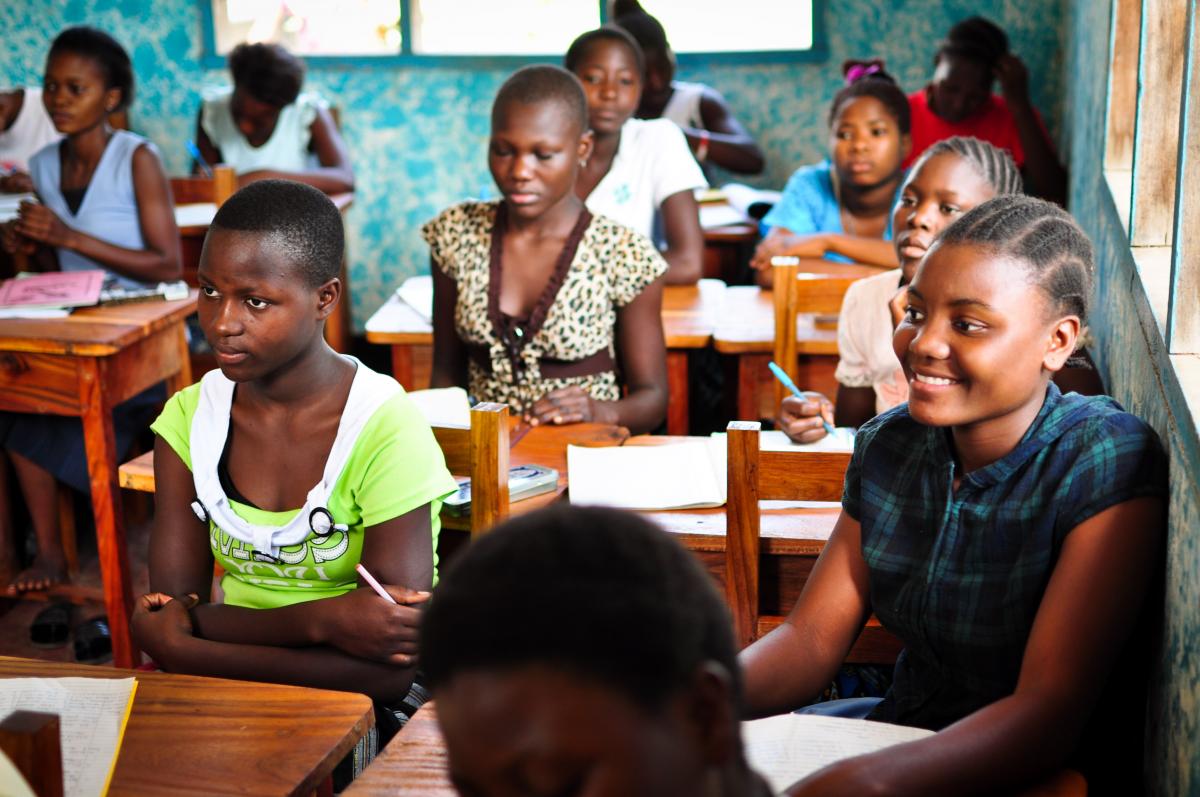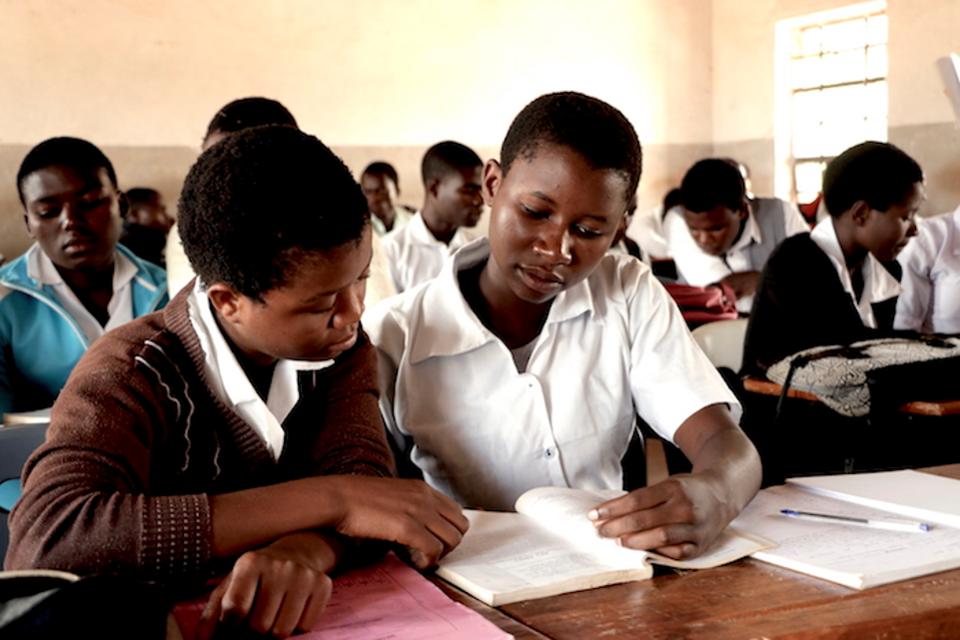Today is globally recognized as the International Day of the African Child. It is a day set aside to focus attention on the barriers African children face in their quest to receive quality education.

On June 16, 1971, more than 20,000 South African students in the township of Soweto took to the streets — demanding to be taught in their own language. Rather than attend to their demands, armed police officers responded by murdering hundreds of them. This day is now a public holiday in South Africa, referred to as Youth Day.
Over four decades after this unfortunate incident, the African child still suffers from lack of quality education. Many children in Africa are excluded from school and instead, because of poverty, work to support their families. Experts estimate that a total of 30 million children in sub-Saharan Africa do not attend school, 54 per cent of them are girls. Particularly critical is the situation in Nigeria, Ethiopia and Niger.
This year, the theme of this celebration is «Access to a Child-Friendly Justice System in Africa.
In a socio-economic environment dominated by poverty, economic and socio-political instability, the African child is usually subjected to many social ills.
Children are being robbed of their rights, not only abused in war situations, in fact, there are many practices in some African societies which violate children’s rights in their day to day living. It is disturbing to note that many children are being robbed of their rights through heinous practices chiefly; child trafficking, child labour, child marriages and sexual abuse. All these social ills are deeply rooted in different African societies and cultures. This shows that society still has a long way to go in terms of preventing child abuse and it will take some time for positive change to be seen.
It is interesting to note that the Organisation of African Unity, (Now African Union) in 1990 adopted The African Charter on the Rights and Welfare of the Child (ACRWC), a regional human rights treaty which defines principles for the status of children. It eventually came into force in 1999.
Although only seven out of the 54 African countries are yet to domesticate the ACRWC, the African child is still largely without a right to anything, including life.
Today, thousands of African children who should be in schools are languishing in some jungles fighting a war they know not why as child soldiers while others are trapped in terrorist camps used as suicide bombers.
Still, many more are dying of hunger because their countries are devastated by war and their parents are unable to provide for them.
A lot more African children are deprived of quality education, the very same issue that led to the 1971 uprising that left many young persons dead in South Africa.
In Nigeria, the new crave is sexual abuse and rape of children. In recent times, this has become so rampant, prompting a call for stringent punitive measures against perpetrators.
In fact, just a few days ago, the Nigerian Governors under the aegis of the Nigerian Governors Forum declared a state of emergency against rape in Nigeria. The action was in direct response to the rising cases of rape in the country, especially against minors.
In 2003, Nigeria adopted the Child Rights Act to domesticate the Convention on the Rights of the Child. To date, only 21 out of the 36 states and the Federal Capital Territory have domesticated it, others have not seen the need to do so.
One of the key provisions of the Act is against early marriage, a practice that is common among certain sections of the country.
Actually, Part III Section 21 of the Nigeria Child Rights Act states that “No person under the age of 18 years is capable of a valid marriage, and accordingly, a marriage so contracted is null and void and of no effect whatsoever.”
According to a UNICEF report, Nigeria is home to the largest number of child brides in Africa, with 23 million girls and women who were married in childhood.
This means that about 49 per cent of Nigerian women marry under the age of 18.
According to the 2019 Global Childhood Report, one in every four children is being denied the right to an ideal childhood – a time of life that should be safe for growing, learning and playing.
These rights enable children to reach their fullest potential like education, play and leisure, cultural activities, access to information and freedom of thought, conscience and religion.
As Africa celebrates the day each year, and especially this year, it is very important for governments to reflect on these challenges that affect children in their everyday lives, particularly in line with the saying that the youths of today are the leaders of tomorrow.

